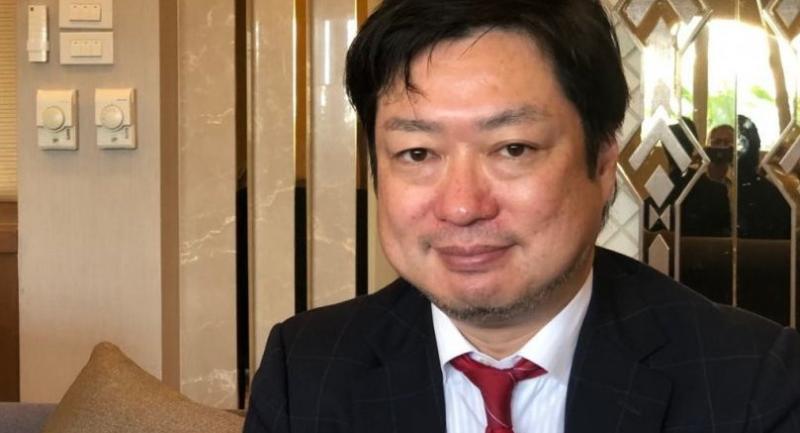Asean urged to stay strong while drafting code of conduct

ASEAN is being urged to make no concessions to China, especially over the contentious issue of the South China Sea, as the grouping pushes ahead with negotiations on a Code of Conduct (COC) to bind the parties.
Though the two sides are working on including freedom of navigation in the COC, it is likely that Asean will end up accepting China’s interpretation of the principles, said Professor Ken Jimbo from Keio University’s Faculty of Policy Management.
The code should accept principles in line with the 1982 United Nations Convention on the Law of the Sea (UNCLOS), but the term “freedom of navigation” is interpreted differently by China and the US, he said.
“While China’s interpretation is that you cannot really have freedom of navigation as long as military activities are ongoing, the US interpretation is completely different,” he told The Nation. “According to the US, anybody can enter the area as long as nobody is harmed during passage, even while training, practice, intelligence sharing and gathering activities are ongoing. China considers such activities as hostile and requires explicit provisions on freedom of navigation.”
Several Asean members have been at loggerheads with China over territorial disputes in the South China Sea for many years now. A joint working group is preparing the COC, and both sides have agreed to have the text ready by 2019, during Thailand’s Asean chairmanship.
Unless the COC comes up with a resolution that is legally binding, it will be a repeat of the Declaration on the Conduct of Parties in the South China Sea (DOC), which was signed by both sides in 2002, but failed to control the behaviour of any country, he said.
While Asean and China have agreed to ease tensions and boost understanding, countries like the US, Australia and Japan may face problems when they want to hold military activities in the contentious area.
“We don’t want Asean to make concessions, especially on maritime security,” Jimbo said. “The COC debate is ongoing and the agreement Asean will try to get with China will certainly spill over to the East China Sea and beyond, so we want Asean to be resilient on this issue,” he said.
Professor Jimbo, who is an expert on security matters, was in Thailand yesterday to deliver lectures on Indo-Pacific strategy at Thammasat University and King Prajadhipok’s Institute.
Though Japan is part of the US Indo-Pacific Strategy and shares commonality as they try to be part of a rule-based international community, help private investment and promote infrastructure, Japan’s version of the strategy is more broadly defined, he said.
While the US has enhanced its national base trade and investment policy and is pretty much focused on so-called fair trade – backed by the core supporters of President Donald Trump in the US traditional manufacturing sector – Tokyo is focusing on the promotion of institution-building of the Trans Pacific Partnership standard. Even without the US, Japan is a leading regional economic order, he said.
Geographically, the US Indo-Pacific Strategy goes beyond the Asia-Pacific and includes the Indian Ocean, but Japan wants to combine the Pacific and Indian oceans as well as the two continents – Asia and Africa – given that Japan Prime Minister Shinzo Abe announced the strategy for the first time in Nairobi in 2016.
Asean, on the one hand, might be worried it will dilute the strategy creation process, as only the US, Japan, Australia and India are on board, but on the other hand, it is uncomfortable with anything that sounds anti-China, he said.
“We support Asean’s political resilience and that’s the basic platform of our relationship and it remains the same. We want a strong Asean to be addressing the regional order,” he said. “Asean as a driving force can actually be relevant and engage all the major elephants in the room, namely the US, Japan, China and India.
